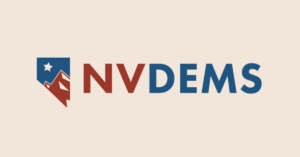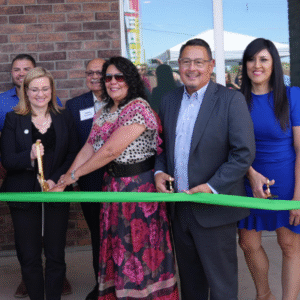Potential Impact of U.S. House Bill Sparks Concern in North Carolina
North Carolina’s Governor, Josh Stein, has raised alarms over a proposed bill in the U.S. House that threatens to significantly impact healthcare and nutrition assistance for the state’s residents. The bill’s provisions could lead to substantial cuts in Medicaid and the Supplemental Nutrition Assistance Program (SNAP), endangering the well-being of hundreds of thousands of North Carolinians.
Governor Stein has communicated his concerns through a letter addressed to U.S. Senators Thom Tillis and Ted Budd, highlighting the potential fallout from these proposed cuts. The governor warns that the bill, alongside the potential expiration of health care marketplace subsidies, could increase the number of uninsured individuals in North Carolina by nearly half a million.
Healthcare Coverage at Risk
According to recent modeling estimates, the Medicaid provisions in the House bill alone risk stripping 255,000 North Carolinians of their health coverage. The Kaiser Family Foundation has projected that, should the marketplace subsidies expire by the end of 2025, the combined impact of these cuts could leave around 470,000 residents without health insurance.
Governor Stein stated, “Medicaid and SNAP improve the health and well-being of hundreds of thousands of North Carolinians, support our economy, and provide critical support to local governments, hospitals, farmers, and grocers.” He emphasized the bipartisan efforts made by North Carolina to bolster its healthcare system and urged the Senate to reject the proposed reductions.
Economic and Social Ramifications
Beyond healthcare, the proposed bill could also affect the enhanced federal matching funds (FMAP) for Medicaid expansion, threatening immediate loss of coverage for over 650,000 beneficiaries. Governor Stein has actively engaged with constituents, especially in rural areas, to understand their concerns about these potential changes.
Meanwhile, changes to SNAP funding could require North Carolina to either find an additional $700 million annually or cut essential food services. This shift in costs could have a severe economic impact, particularly on rural counties already under financial strain.
The SNAP program contributes $2.8 billion annually to North Carolina’s economy, benefiting local farmers and food retailers. The state faces a difficult choice between maintaining these essential services and reallocating resources from other critical areas like education and law enforcement. Governor Stein’s full letter to Senate can be accessed here. Additionally, county enrollment data for the SNAP program is available here.
Read More Here











Be First to Comment